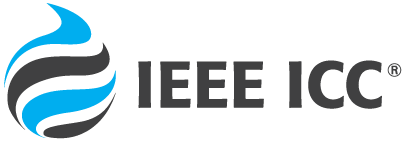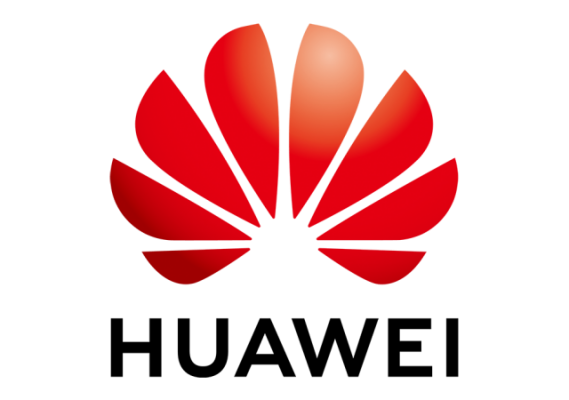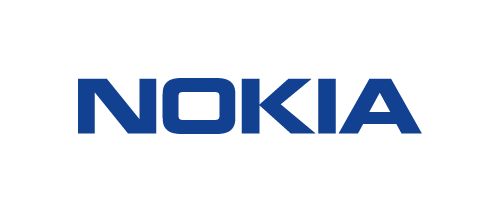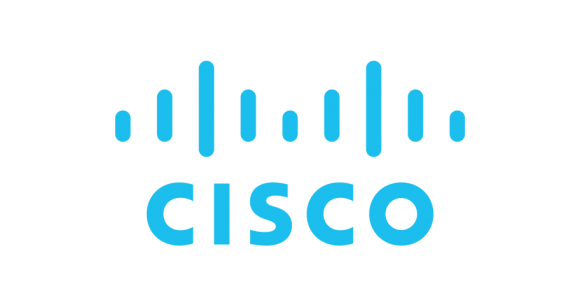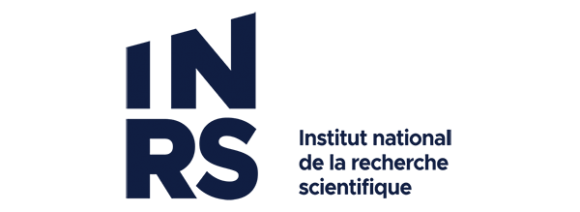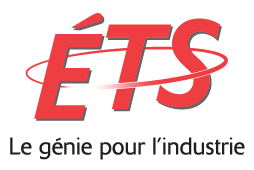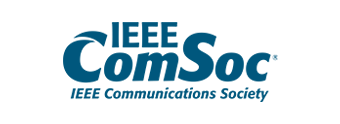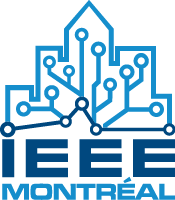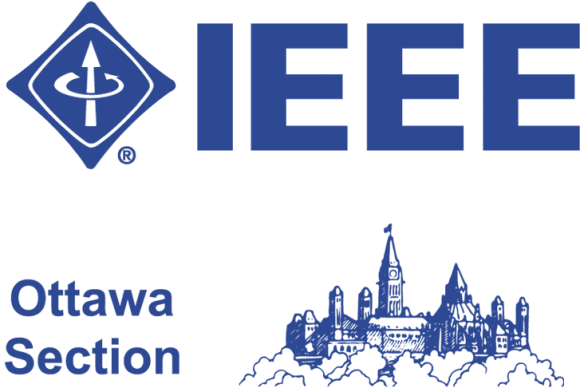View Student Grant Recipients >>
IEEE ICC 2021 Student Grant Call-for-Application
IEEE ICC 2021 offers Student Grants (SGs) on competitive basis to students who co-authored an accepted paper in the conference and are student members of the IEEE. Each Student Grant is to cover the registration cost, and has a value of US$350.
A student who is awarded a Student Grant must register and attend the conference and must present their accepted paper. Payment will only be made to the student as long as the award recipient submits an expense report (with conference registration receipt) within 45 days after the conference.
Important Dates
- SG Application Deadline: 17 May 2021
- SG Award Notification: 22 May 2021
For inquiries and additional information, please contact the Student Grant co-Chairs, Dr. Jingxian Wu and Dr. Yindi Jing. The email subject must be: IEEE ICC 2021 Student Grant Question - Your Last Name.
The funding of the grants are from three sources: IEEE Communications Society (ComSoc), National Science Foundation (NSF), and Women in Communications Engineering (WICE).
IEEE is committed to the principle that all persons shall have equal access to programs, facilities, services, and employment without regard to personal characteristics not related to ability, performance, or qualifications as determined by IEEE policy and/or applicable laws. View more information on the IEEE Nondiscrimination Policy.
Selection criteria:
- Quality of the paper(s) to be presented.
- The applicant’s statement of the purpose of conference attendance.
- Potential impact of the conference on the student’s research.
- The strength and potential contribution of the student.
********************
Application Instructions
- Eligibility
- The applicant must be full-time student registered toward a Bachelor, Masters, or PhD degree in computer science, engineering or related field in a college or university at the time of application.
- The applicant must be a co-author of an accepted paper and the presenter of the paper at IEEE ICC 2021.
- Applicants must be IEEE student members.
- To be qualified for the funding from IEEE ComSoc, the applicant must be a student member of the IEEE Communications Society at the time of application.
- To be qualified for the funding from NSF, the applicant must be a student in a US institution.
- To be qualified for the funding from WICE, the awardee is required to attend the WIE-WICE Forum at IEEE ICC 2021.
- The applicant may indicate if they are from under-represented groups (e.g., women or minority).
- To receive the grant, the awardee must show the proof of conference registration at the presenting authors’ rate (cf. Registration) and the proof of attendance of IEEE ICC 2021, when submitting the expense report within 45 days after the conference.
- Students may be registered at as a Non-Presenting Author/Non-Author at the time of application -- if the award is granted, students will be given the opportunity to change their registration to the presenter rate.
- How to Apply
The application should be submitted electronically via EDAS.
If you are not currently a ComSoc student member, you may. View the IEEE ComSoc Membership page.
- Application Materials
The application must include the following (items 1-3 should be combined into a single pdf file and uploaded with the application; for item 4, the student just needs to enter the advisor’s email and EDAS will send a message to the advisor asking for the letter):
- A letter from the student to state the purpose of the conference attendance. The following information must also be included in the letter.
- The date of enrollment at the PhD/Master/Bachelor program and the expected date for graduation;
- A brief summary of research interests and accomplishments to date. The applicant should demonstrate a serious interest in communications related areas, through their course work and projects.
- A description of areas reflected in the IEEE ICC 2021 program that would impact the student’s research.
- A statement about why the conference attendance is important to the student.
- The first page(s) of the accepted paper(s) to be presented by the student at the conference.
- An up-to-date resume of the student (2 pages at the maximum).
- A support letter from the student’s advisor (the advisor will directly submit the reference letter on EDAS). The support letter should include the following information.
- Confirmation that the student is in good academic standing with a major in communications related areas.
- The suitability of the IEEE ICC 2021 program materials to the student’s research area.
- The strengths and potential contributions of the student.
Student Grant Recipients
FUNDED by ComSoc:
Milad Abolpour, INRS, University of Quebec, Canada
Priyanka Bardalai, Tezpur University, India
Mohamed Amine Ben Temim, University Bordeaux, France
Yuwen Cao, Keio University, Japan
Bing-Jyue Chen, National Taiwan University, Taiwan
Shuaifei Chen, Beijing Jiaotong University, China
Mingyue Cheng, South China University of Technology, China
Asim Darwaish, University of Paris, France
Mohammed Elbayoumi, Concordia University, Canada
Mahzabeen Emu, Lakehead University, Canada
Cong Fan, Xidian University, China
Zhengru Fang, Tsinghua University, Beijing, China
Bowen Gu, Chongqing University of Posts and Telecommunications, China
Lely Hiryanto, Curtin University, Australia
Khaled Humadi, Concordia University, Canada
Nguyen Huynh, University of Technology Sydney, Australia
Anirudha Jitani, McGill University, Canada
Rui Kang, Kyoto University, Japan
Hyeongtaek Lee, Korea Advanced Institute of Science and Technology (KAIST), South Korea
Dongxu Li, The Chinese University of Hong Kong, Shenzhen, China
Shuangyang Li, University of New South Wales, Australia
Siqi Li, Xidian University, China
Yang Li, ShanghaiTech University, China
Li Lin, Nanjing University, China
Zhuang Ling, Jilin University, China
Wenjie Liu, The Chinese University of Hong Kong, Shenzhen, China
Ke Ma, Tsinghua University, China
Xidong Mu, Beijing University of Posts and Telecommunications, China
Jer Shyuan Ng, Nanyang Technological University, Singapore
Khoa Nguyen, Carleton University, Canada
Roberto Picchi, University of Florence, Italy
Farhad Rezazadeh, UPC, Spain
Jyotish Robin, NYU, USA
Paul Sheldon, University of Illinois at Chicago, USA
Kenta Takeda, Kyoto University, Japan
Busra Tegin, Bilkent University, Turkey
Srujan Thomdapu, IIT Kanpur, India
Sezer Tokgoz, Texas A&M University, USA
Tony Tony, Curtin University, Australia
Rasmus Vestergaard, Aarhus University, Denmark
Gaurav Wagh, Rochester Institute of Technology, USA
Jian Wang, Embry-Riddle Aeronautical University, USA
Yining Wang, Beijing University of Posts and Telecommunications, China
Mengru Wu, Northeastern University, China
Chenlu Xiang, Shanghai University, China
Yunchou Xing, NYU, USA
Ziwei Xuan, TAMU, USA
He Zhang, Xidian University, China
Maolin Zhang, University of Science and Technology of China, China
Yun Zhang, University of Electronic Science and Technology of China, China
Hanying Zhao, Tsinghua University, China
Jiakang Zheng, Beijing Jiaotong University, China
FUNDED by NSF:
Yaroslav Balytskyi, University of Colorado, Colorado Springs, USA
Onur Barut, University of Massachusetts Lowell, USA
Baturalp Buyukates, University of Maryland, USA
Son Dinh, The Catholic University of America, USA
Rakibul Hassan, George Mason University, USA
Lisi Jiang, University of California, Irvine, USA
Shihao Ju, New York University, USA
Ojas Kanhere, New York University, USA
Bharath Keshavamurthy, Purdue University, USA
Sabarish Krishna Moorthy, University at Buffalo, USA
Hongkyu Lee, Kennesaw State University, USA
Long Li, The University of Alabama, USA
Yuezhou Liu, Northeastern University, USA
Keerthiraj Nagaraj, University of Florida, USA
Ly V. Nguyen, San Diego State University, USA
Shrinivas Petale, The George Washington University, USA
Ashok Vardhan Raja, University of Massachusetts Dartmouth, USA
Shuaiqi Shen, University of Nebraska-Lincoln, USA
FUNDED by WICE:
Rajesh Gupta, Institute of Technology, Nirma University, India
Siqi Huang, Shenzhen University, China
Anitha Kumar, Ryerson University, Canada
Liz Martinez Marrero, University of Luxembourg, Luxembourg
Vivek Sethi, Indian Institute of Technology Ropar, India
